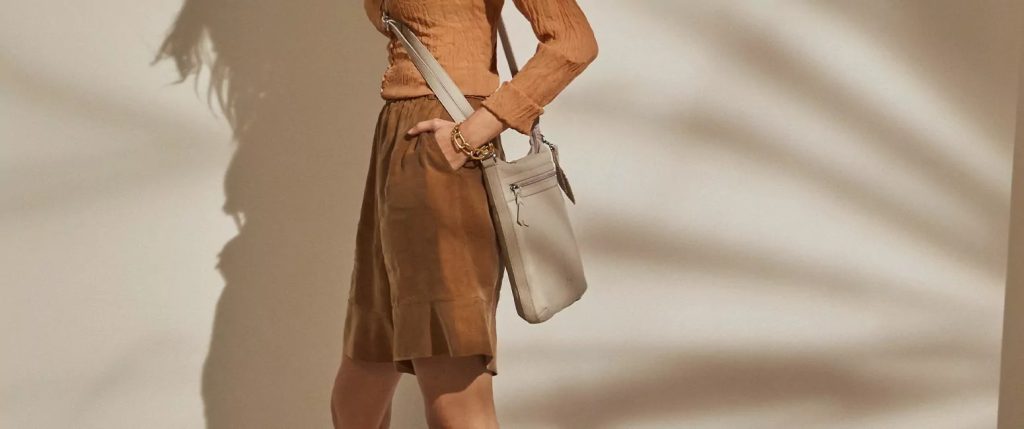Replica bags, also known as counterfeit or knockoff handbags, have a significant impact on consumer behavior, shaping both individual purchasing decisions and broader market dynamics. The allure of replica bags is primarily driven by their ability to mimic luxury designs at a fraction of the cost, making high-end fashion accessible to a larger segment of consumers. This democratization of luxury appeals to individuals who may not have the financial means to purchase authentic products but still wish to participate in the social status and image associated with luxury brands. However, this phenomenon has complex and often contradictory effects on consumer behavior. Firstly, replica bags tap into the aspirational aspect of consumer behavior. Many consumers are drawn to luxury brands because they symbolize wealth, exclusivity, and a certain lifestyle. The presence of replica bags allows consumers to project this image without the accompanying financial burden. For many, owning a replica can provide a sense of satisfaction and social validation, especially in social environments where brand recognition and appearance play a significant role.

This need to belong or appear to belong to a certain social class often overrides ethical considerations about counterfeiting, leading consumers to make choices based on external validation rather than intrinsic value. However, the presence of replica bags also has a negative impact on consumer behavior towards the luxury market. For one, it can dilute the perceived exclusivity and value of authentic products. When counterfeit goods are widespread, consumers may begin to question the uniqueness of luxury brands and, consequently, may lose some of their appeal. This can erode brand loyalty among existing consumers, as the symbolic value they derive from owning a unique luxury item is diminished. The market for luxury products thrives on scarcity and prestige, both of which are undermined by the proliferation of replica goods. Moreover, the availability of replica bags alters consumer expectations about price and value. As consumers become accustomed to purchasing counterfeit goods at significantly lower prices, they may become less willing to pay the premium for authentic products.
This shift in perception can have lasting effects on brand positioning and pricing strategies, as luxury brands may be forced to differentiate their products more clearly or justify their high prices through enhanced experiences, craftsmanship, or exclusivity. On the other hand, there are ethical and legal considerations that affect consumer behavior regarding Fake Bags. Some consumers are deterred from purchasing replicas due to concerns about supporting illegal activities, including the infringement of intellectual property rights, the exploitation of labor, and the broader impact on the economy. Counterfeit goods are often linked to organized crime and poor working conditions in unregulated factories, leading ethically-conscious consumers to opt for authentic products or to avoid luxury purchases altogether. Furthermore, consumer awareness of the risks associated with replica bags such as poor quality, lack of warranty, or even potential legal consequences can influence purchasing decisions. While some consumers knowingly purchase replicas with full understanding of the risks involved, others may be misled into thinking they are buying an authentic product.
